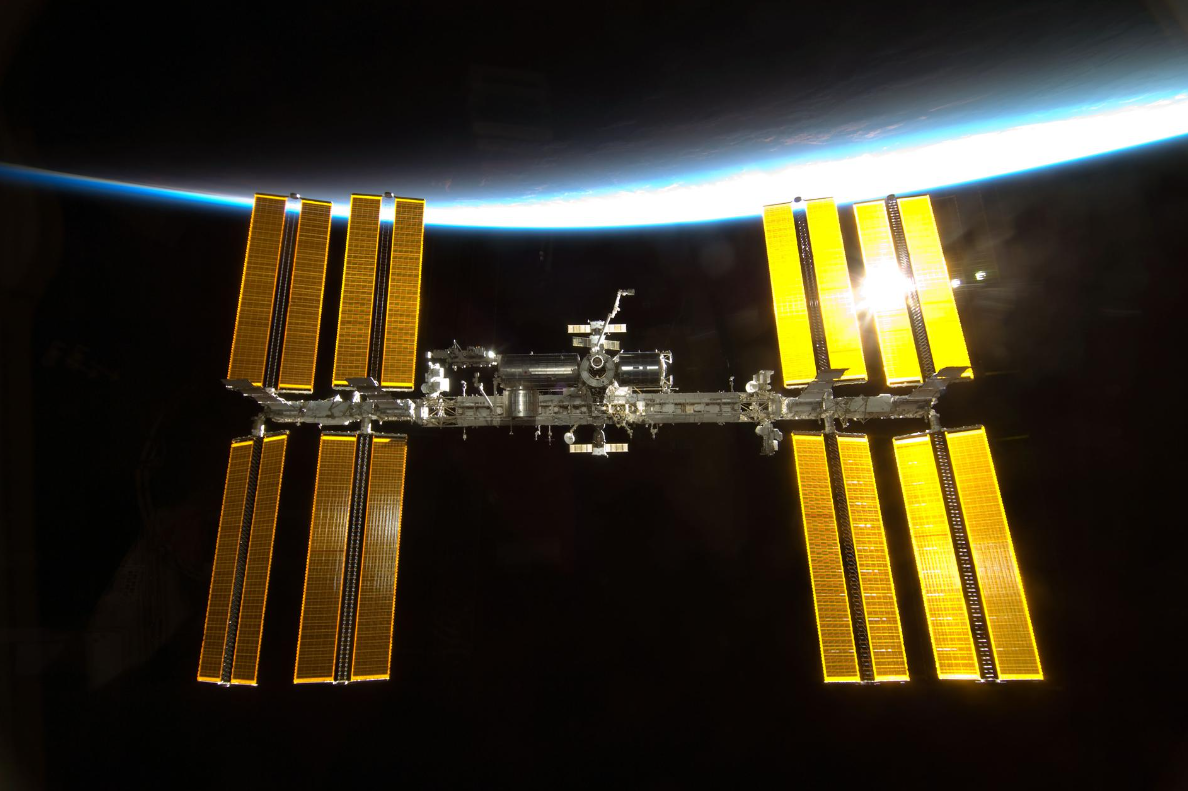
International Space Station (ISS)
As The Washington Post reported on October 10, both a NASA spokesman and the agency’s Deputy Administrator, James Free, downplayed the severity of cracks and leaks in the Russian-controlled portion of the International Space Station despite a new report from the Office of Inspector General that oversees NASA.
According to the report, the inspector general's office mentioned noticeable cracks and leaks in the pipeline leading to the Russian side of the station. Moreover, these cracks and leaks appear to be getting worse.
NASA Deputy Administrator James Free said the issue had been communicated to Russian colleagues. He did not say whether a solution had been found.
“We have repeatedly discussed the seriousness of the leaks, including during my time in Russia earlier this year,” Mr. Free told The Washington Post .
Mr. Free added that NASA had asked the Russian Federal Space Agency (Roscosmos) to "minimize the time the gateway was open," and the Russian side complied with this request.
"We reached a consensus that they close the gate in the evening," said Mr. Free.
In July, NASA quietly signed a $266,000 contract with SpaceX to develop an emergency evacuation concept for American astronauts aboard Russia's Soyuz spacecraft into orbit.
The cause of the leak and cracks on the Russian side of the station is still unknown. Roscosmos has been working to treat several affected areas to slow the leak, according to NASA spokeswoman Kathryn Hambleton.
Roscosmos detected 50 areas of concern and continues to monitor these areas and carry out plugging or patching where necessary.
Ms Hambleton noted that the problem areas had not been confirmed as “cracks”, and could simply be “non-hazardous defects commonly found on a surface, such as a small scratch”.
The ISS has been operating for 10 years longer than originally planned, and will try to "survive" until its deadline of 2031. NASA's inspector general noted that this requires continued assessment and "ongoing support" from international partners - "especially Russia".
Source: https://thanhnien.vn/nasa-phan-ung-ra-sao-ve-quan-ngai-tram-khong-gian-quoc-te-iss-nut-ro-ri-185241011105849606.htm



![[Photo] National Assembly Chairman Tran Thanh Man attends the VinFuture 2025 Award Ceremony](/_next/image?url=https%3A%2F%2Fvphoto.vietnam.vn%2Fthumb%2F1200x675%2Fvietnam%2Fresource%2FIMAGE%2F2025%2F12%2F05%2F1764951162416_2628509768338816493-6995-jpg.webp&w=3840&q=75)


![[Photo] 60th Anniversary of the Founding of the Vietnam Association of Photographic Artists](/_next/image?url=https%3A%2F%2Fvphoto.vietnam.vn%2Fthumb%2F1200x675%2Fvietnam%2Fresource%2FIMAGE%2F2025%2F12%2F05%2F1764935864512_a1-bnd-0841-9740-jpg.webp&w=3840&q=75)






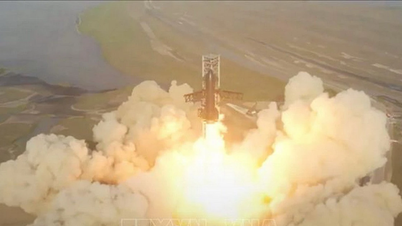


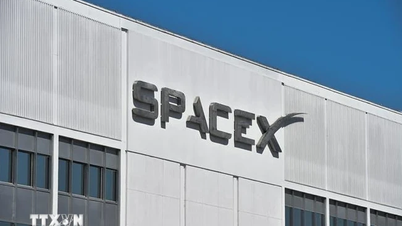




![[VIDEO] Save the Children helps children in Bac Ninh return to life soon after natural disasters](https://vphoto.vietnam.vn/thumb/402x226/vietnam/resource/IMAGE/2025/12/06/1765004276755_cu-u-tro-bn-2-cover20251206131142.jpeg)
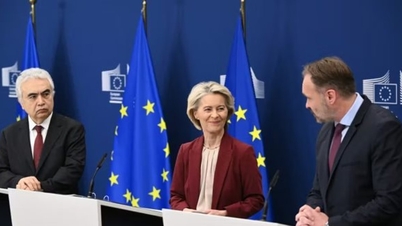





























































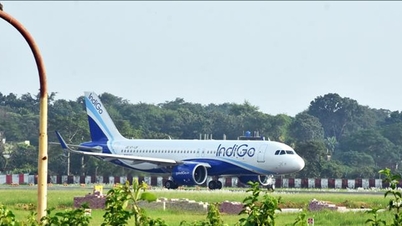




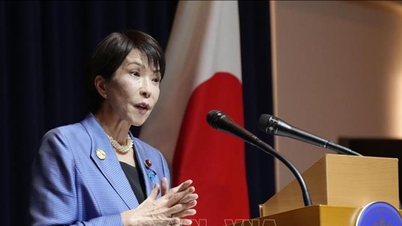










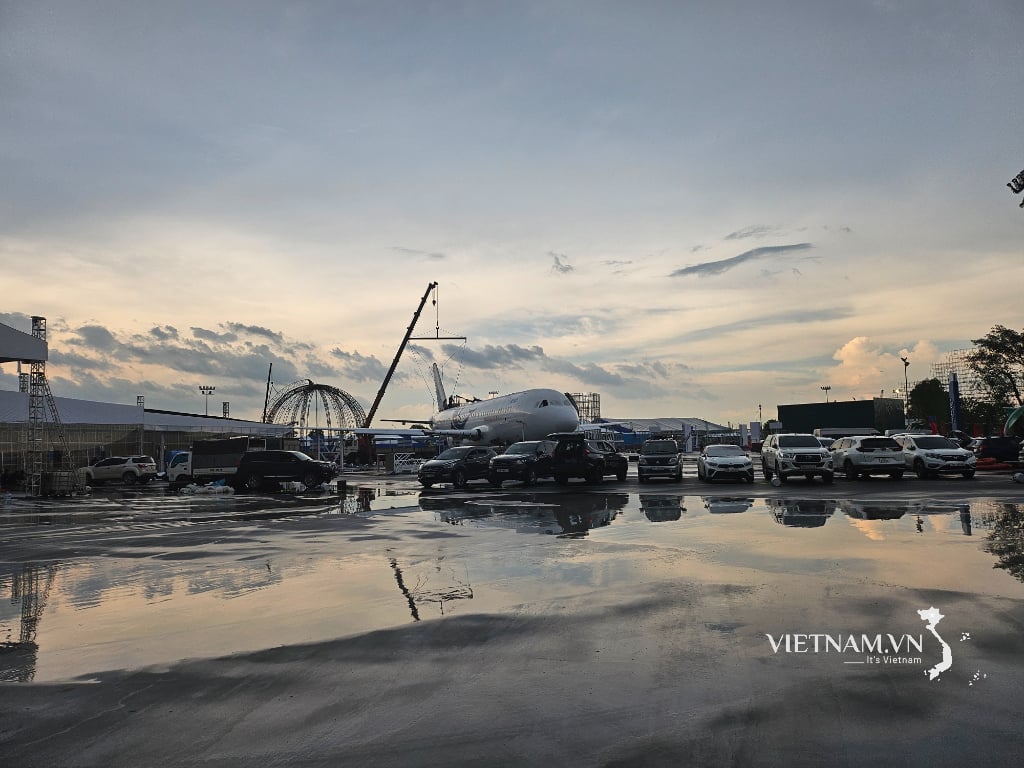






Comment (0)